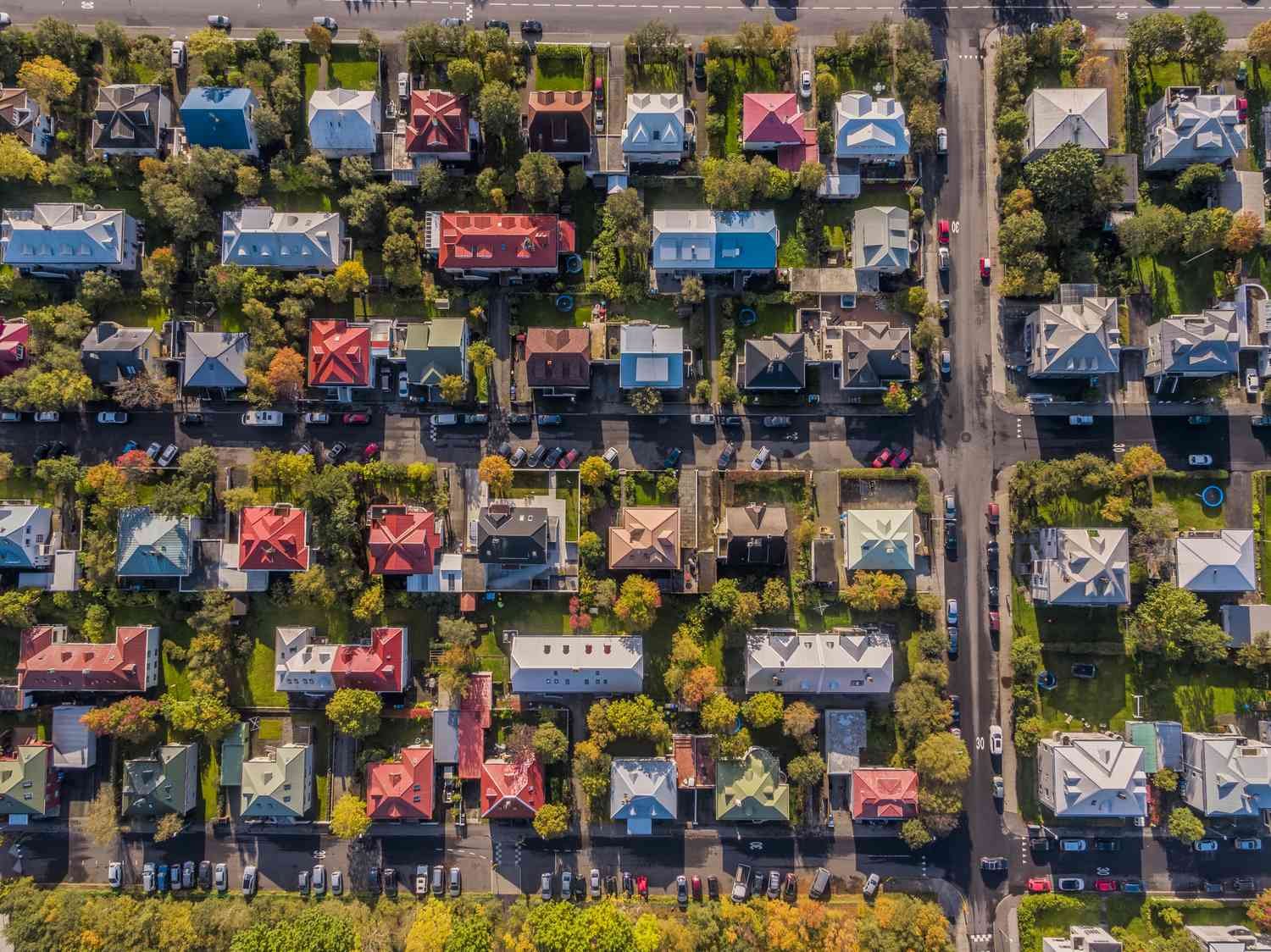
- calendar_month March 28, 2025
- folder Tips
When you're investing in real estate, choosing the right neighborhood is one of the most important decisions you’ll make. The location of your property can greatly affect how much money you can make from renting it out or selling it later. Here's a guide to help you pick the best neighborhood for your investment property.
1. Check Market Trends
Start by looking at the local real estate market. Research how property prices have changed in the area over time. If property values have been going up, it could mean the neighborhood is a good place to invest. If prices are stable or increasing, it might be a sign that the area is growing and will continue to do so.
2. Look at Rental Demand
If you’re planning to rent out your property, rental demand is very important. Find out if people are looking for rental homes in the area. You can do this by checking average rental prices and vacancy rates. Areas near schools, hospitals, or business districts tend to have more rental demand. It’s important to choose a place where people want to live, whether it’s for long-term or short-term stays.
3. Think About Location
Location is key. Choose a neighborhood that is close to important places like schools, public transportation, shopping centers, and restaurants. Areas that are easy to get to and close to workplaces or public transport will attract more tenants. Properties close to amenities are usually in higher demand and more likely to stay rented.
4. Check Crime Rates and Safety
Safety is one of the top priorities for tenants. No one wants to live in a dangerous area. Look up crime rates and talk to people who live in the neighborhood to get a sense of the safety. A safe neighborhood is a sign that your investment will hold its value and attract quality tenants.
5. Look for Future Developments
It’s a good idea to look at areas where new projects are happening, such as new businesses, roads, schools, or shopping centers. Development often makes a neighborhood more desirable and increases property values. Check with the local government or a real estate agent to find out about any upcoming developments in the area.
6. Consider the Local Economy and Job Growth
A strong local economy means more job opportunities, which can lead to more demand for housing. Look for neighborhoods in cities or towns with growing job markets. Areas with a mix of industries like healthcare, technology, and retail tend to be stable and attract people who need housing.
7. Understand Property Taxes and Regulations
Property taxes can vary from neighborhood to neighborhood, and high taxes can reduce your profits. Make sure to research property taxes in the area to understand how they will affect your investment. Also, be aware of local laws and regulations that might affect your ability to rent or sell the property.
8. Check the Neighborhood’s Reputation
How do people feel about the neighborhood? Is it known for being a great place to live, or does it have a bad reputation? A neighborhood with a strong community, good schools, and well-kept streets will likely be a better investment. You can check online reviews, talk to locals, and visit the area to get a feel for it.
9. Look for Areas with Property Appreciation Potential
In addition to rental income, you’ll want to consider how much the property is likely to be worth in the future. Areas that are improving or being developed tend to increase in value over time. Research areas with strong signs of growth—like new businesses, public transportation, or housing projects—because they can lead to higher property values in the future.
10. Assess the Competition
Take a look at how many similar rental properties are available in the neighborhood. Too many rental properties can lead to stiff competition and lower rents. However, if there are few properties, it may suggest low demand. A balanced level of competition is ideal, where you can attract tenants but still make a good return.
Conclusion
Choosing the right neighborhood for an investment property is essential to your success as a real estate investor. By considering factors like market trends, rental demand, safety, and local growth, you can pick an area that will help you earn a steady income and see long-term gains. Always do your research and take your time to find a neighborhood that meets your investment goals. With careful planning, you’ll make a smart choice that will pay off for years to come.
